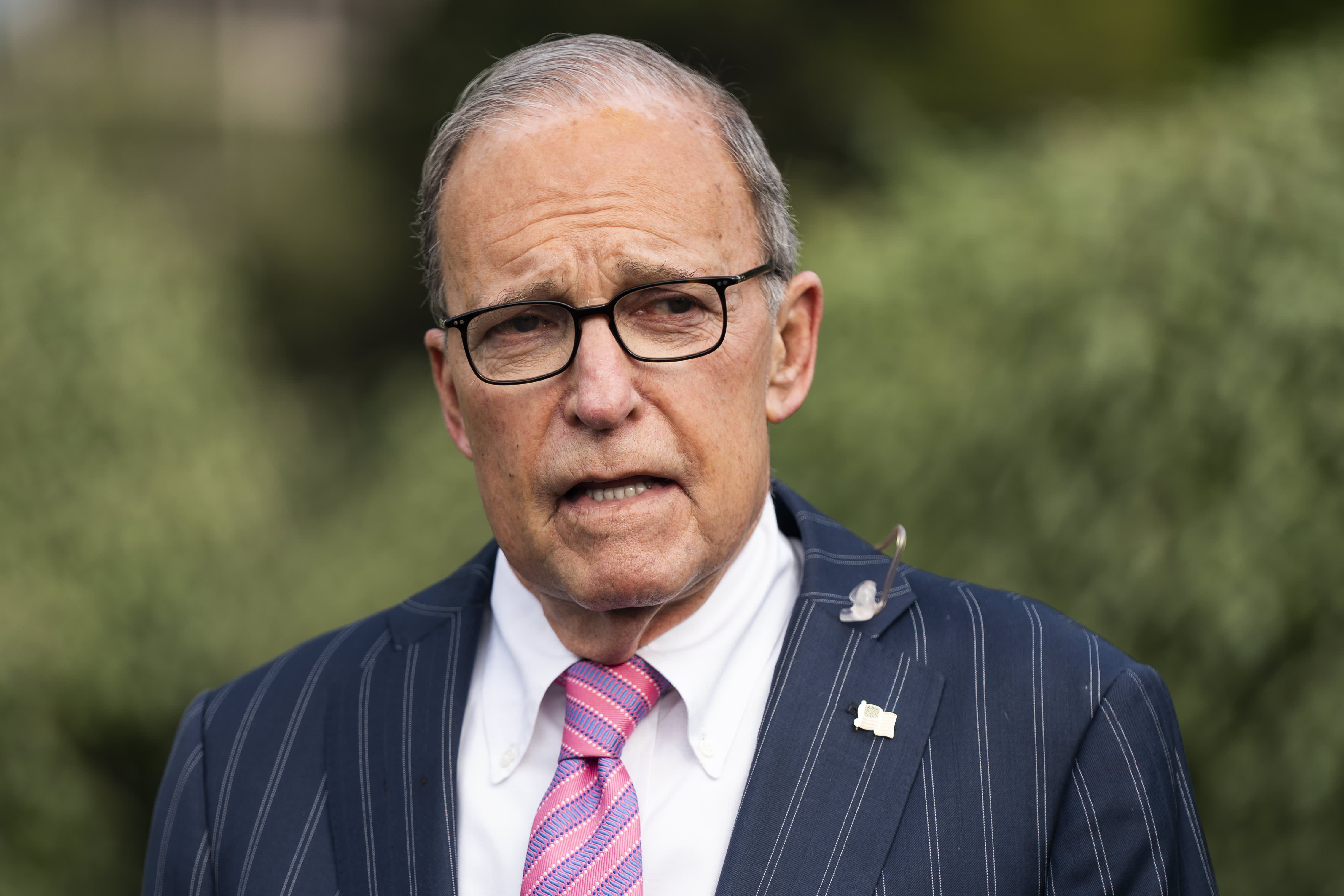Retail has replaced stock buybacks
EDITOR'S NOTE
The retail buying bonanza isn't a myth. It's a real force in the stock market.
In fact, the surge of money is so big it has temporarily replaced stock buybacks, which for years powered the rally from the '09 lows even as most retail investors sat on the sidelines.
Now, stock buybacks have dried up because companies are trying to conserve their capital. It's one reason why analysts have been worried about the strength and lasting power of this market rebound. But in came retail investors with so much buying power they have propelled stocks back to just about record highs.
As Brian Reynolds documented this morning in a client note, equity inflows are at seven times their pre-Covid levels, to nearly $3 billion a day. That tops the $2.6 billion per day of stock buybacks during this time last year.
How do we know these are largely retail (i.e. mom-and-pop, "Robinhood") funds? Mr. Reynolds says the short selling data show short covering is only a small piece of the inflows and hedge funds have been generally underperforming. What's more, this is retail stock-picking. The ICI (Investment Company Institute) data don't even show a surge into mutual funds or ETFs lately, suggesting this is people buying individual stocks.
All of this confirms what we're seeing anecdotally. We've talked about the crazy trading activity in bankrupt and penny stocks. Nikola, the "new Tesla," had a $24 billion market cap yesterday despite never having sold a car. CNBC has a great write-up of the top stocks on Robinhood (with an awesome opening anecdote). Bob Pisani has more on all of this here.
As refreshing as it is to see retail investors finally having a field day with stocks, no one wants to see another retail mania a la the dotcom bubble in which everyone ends up getting burned. This is starting to pose some challenges for the Federal Reserve, too, which was widely criticized for fueling the dotcom bubble by cutting rates in the late 1990s.
And it's why the Fed is reportedly considering tools like capping longer-term interest rates as a way to keep stimulating the economy without directly stimulating the stock market, as Brian Weinstein of Morgan Stanley explained on our show the other day. Consider me skeptical that this is a good idea. It would be disastrous for retirees.
More sensible is the path that the Fed appears to be going down, which is to say that they won't lift overnight rates until the economy is well and truly healed from Covid-19. Yesterday's decision showed that means no rate hikes until 2022 at the earliest, unless the unemployment rate were to drop much more quickly. Why not simply announce no hikes until the jobless rate hits 3.5%? You can always change it later if need be.
A similar approach could have gone a long way in the recovery from '08-09, keeping the Fed from its multiple false starts and reversals on rate hikes and perhaps giving the general public more confidence in investing in the stock market.
The risk is that after missing the long, strong rally of the last decade, retail investors are now piling into the market too much, too quickly. Stock buybacks were at least a pretty reliable, steady source of buying power in the market the last time around. It's unlikely retail stock-pickers will be so now.
See you at 1 p.m!
Kelly
P.S. The Exchange is now a podcast! Click here to subscribe. KEY STORIES
IN CASE YOU MISSED IT
| ||||||||||||||||||||||||||||||||||||||||||||||||||||||||||||||||||||||||||||||||||||||||||||||||||||||||||||||||||||||||||||||||||||||||||||||||||||||||||||||||||||||||||||||||||||







ey, thanks for the information. your posts are informative and useful. I am regularly following your posts.
ReplyDeleteMinda Corporation
IPCA Laboratories
NIIT Technologies
Thanks for your valuable information. stock investor is a stock related website which provides day to day information of the stock market.
ReplyDeleteMarico Ltd
Torrent Pharmaceuticals Ltd